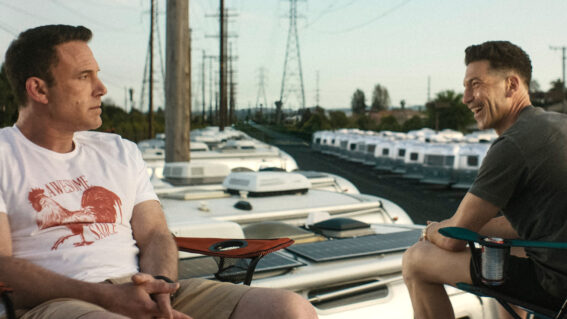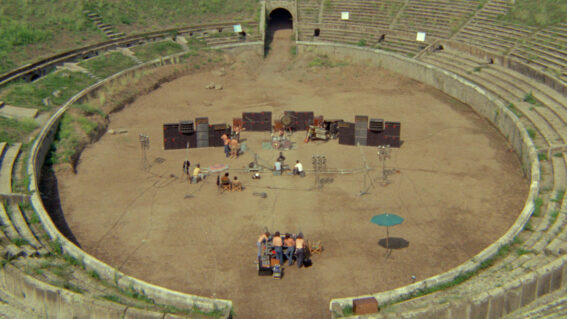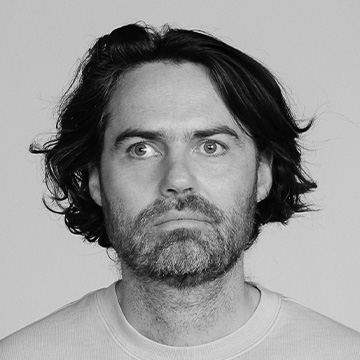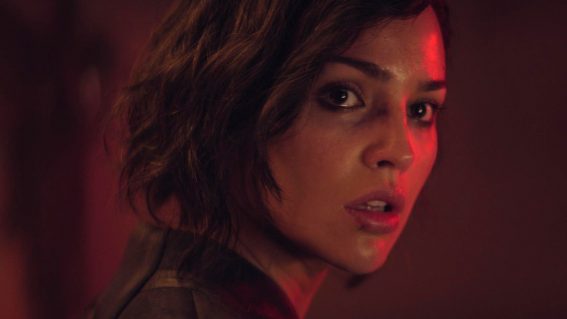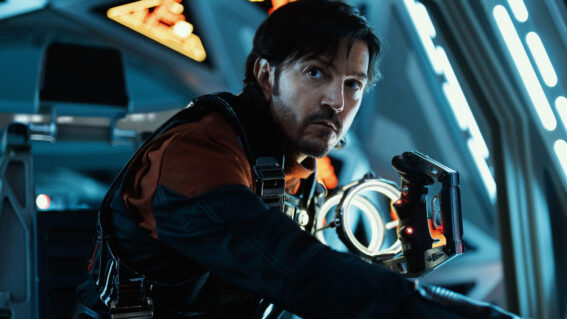Andor equips us with the ideas needed to fight the fascist evils it depicts
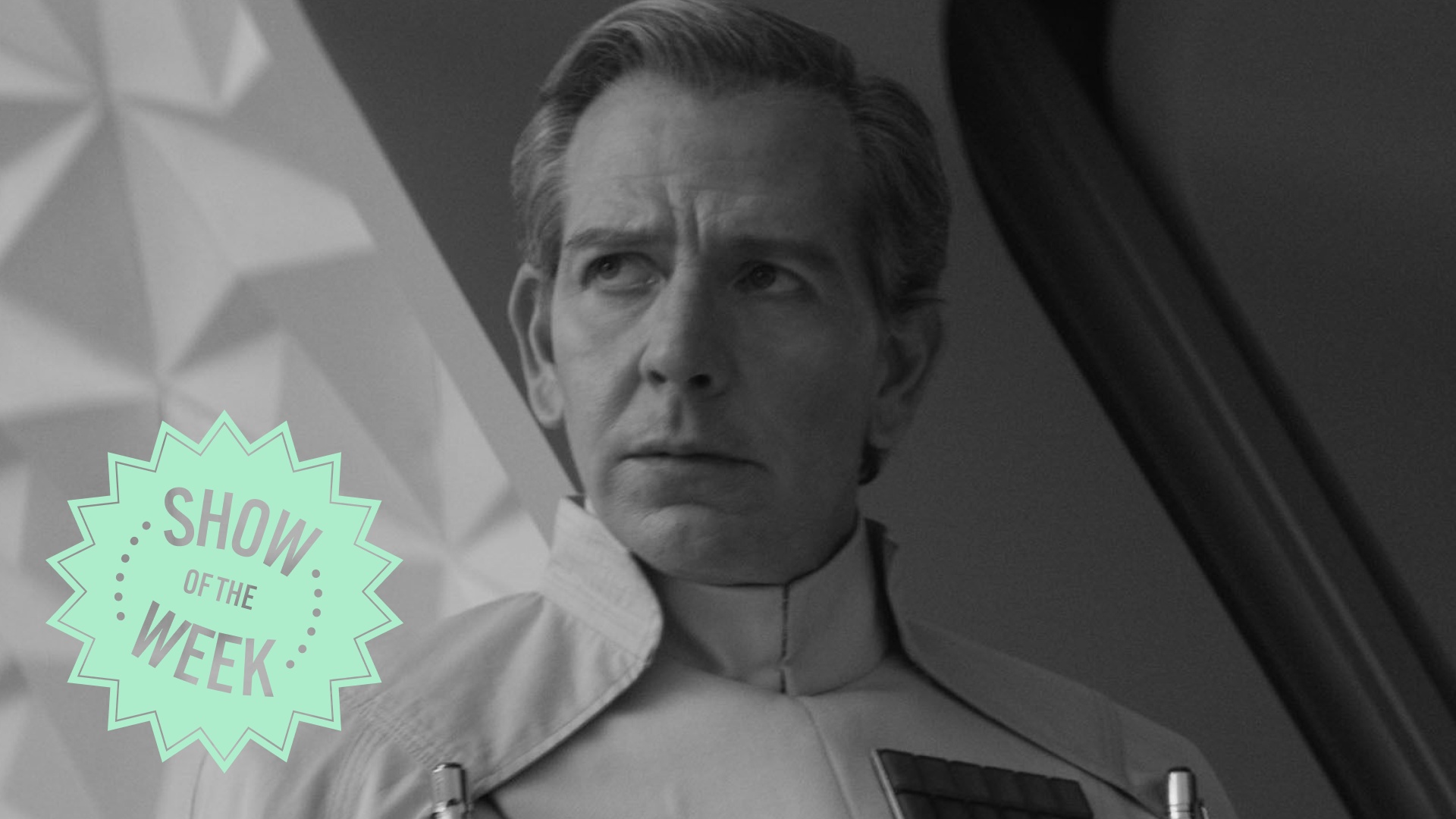
Clarisse Loughrey’s Show of the Week column spotlights a new show to watch or skip. This week: Andor returns, a Star Wars story directly about the here and now – the genocide in Gaza and fascism in the USA.
Season two of Andor starts with a nobody. An imperial technician called Niya (Rachelle Diedericks) conducts one of her nightly routines, checking the TIE fighters for faults before she packs up and goes home. She turns a corner and, suddenly, there’s Cassian Andor (Diego Luna)—our hero of the Rebel Alliance, our dashing spy, our protagonist who will one day sacrifice his life in order to ensure that the Empire falls. They speak. She stutters. She’s a defector. She’s nervous. She’s letting him steal one of the ships. It’s a choice she’ll never be able to turn back from, one that might end in torture, imprisonment, or execution.
“If I die tonight, is it worth it?” she asks Cassian. Andor, Tony Gilroy’s surprisingly radical creation, and a true outlier in Disney’s Star Wars franchise, answers for him. Yes. A thousand times, yes. Every act of defiance. Every sacrifice. Every decision. It all matters.
If this becomes one of the defining shows of our era (and I suspect it will), it won’t simply be because it’s placed clear-cut, anti-fascist metaphors at the heart of one of the most popular franchises of the biggest entertainment conglomerate on the planet. Yes, it’s certainly impressive that Gilroy and his team of co-writers—Beau Willimon, Dan Gilroy, and Tom Bissell—secured the creative freedom needed to create a Star Wars story so directly about the here and now, the genocide in Gaza and fascism in the USA. As with season one, lines like “it’s my people today and yours tomorrow” ring with frightening clarity.
But that’s also just one of those odd symptoms of that unholy union between art and capitalism. Artists own the ideas; corporations own the tools. Both try to control each other with varying degrees of success. What feels different here is how it equips us with the ideas we need in order to fight against the evils it depicts.
That’s ultimately where this story leads us, not only towards Cassian’s own radicalisation but his introduction to a complex web of resistance: the impassioned but disorganised group of rebel youths, undone by leftist infighting; the principled politician (Genevieve O’Reilly’s Mon Mothma) in the upper echelons of society, who discovers again and again how easily people will trade their values away for personal security; and the revolutionary leader (Stellan Skarsgård’s Luthen Rael), who faces impossible decisions about what must be sacrificed for the cause.
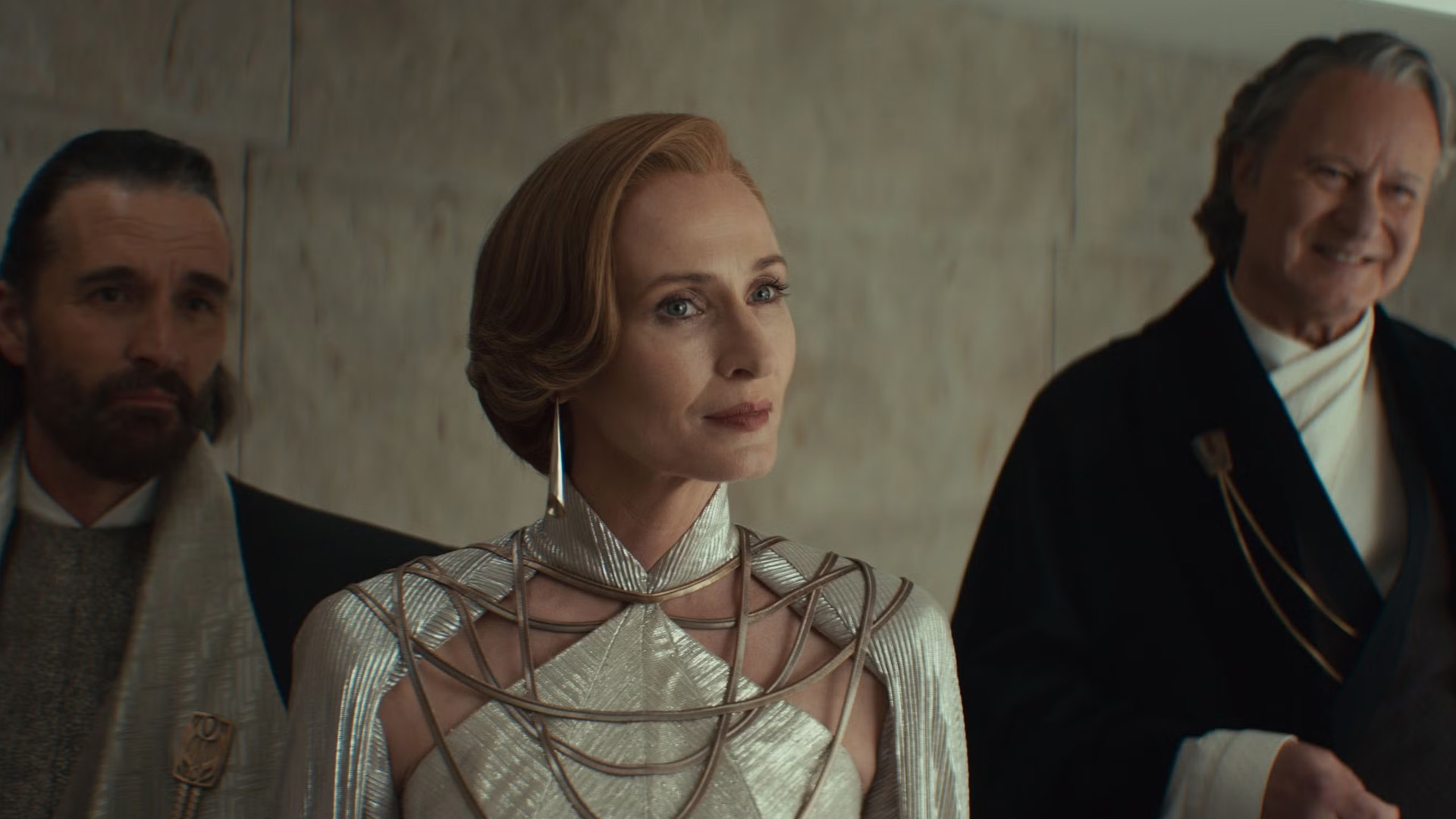
Yet, it doesn’t feel right to call Andor a “subversion” of Star Wars, or even really an “adult, political thriller” masking as Star Wars. This is the world George Lucas created when he first wrote the Rebel Alliance with the Viet Cong in mind. And, despite what some have claimed, Andor actually sneaks in a tremendous amount of Star Wars-ian details: freaky alien puppets, new sass from my favourite-ever droid K-2SO (Alan Tudyk), and even some of those so-called “easter eggs”.
What feels different, here, is partially how upfront Andor is in its allusions and how sophisticated it is in its political outlook—I was particularly struck by the brilliant plot line in which ladder climber Dedra Meero (Denise Gough) suggests to Ben Mendelsohn’s Orson Krennic that the key to controlling a people they want to oppress is not to pour endless resources into propaganda campaigns, but to merely bait the resistance into making a single wrong move they can then endlessly exploit. Fascists and imperialists all over the world are particularly enamoured with that move of late.
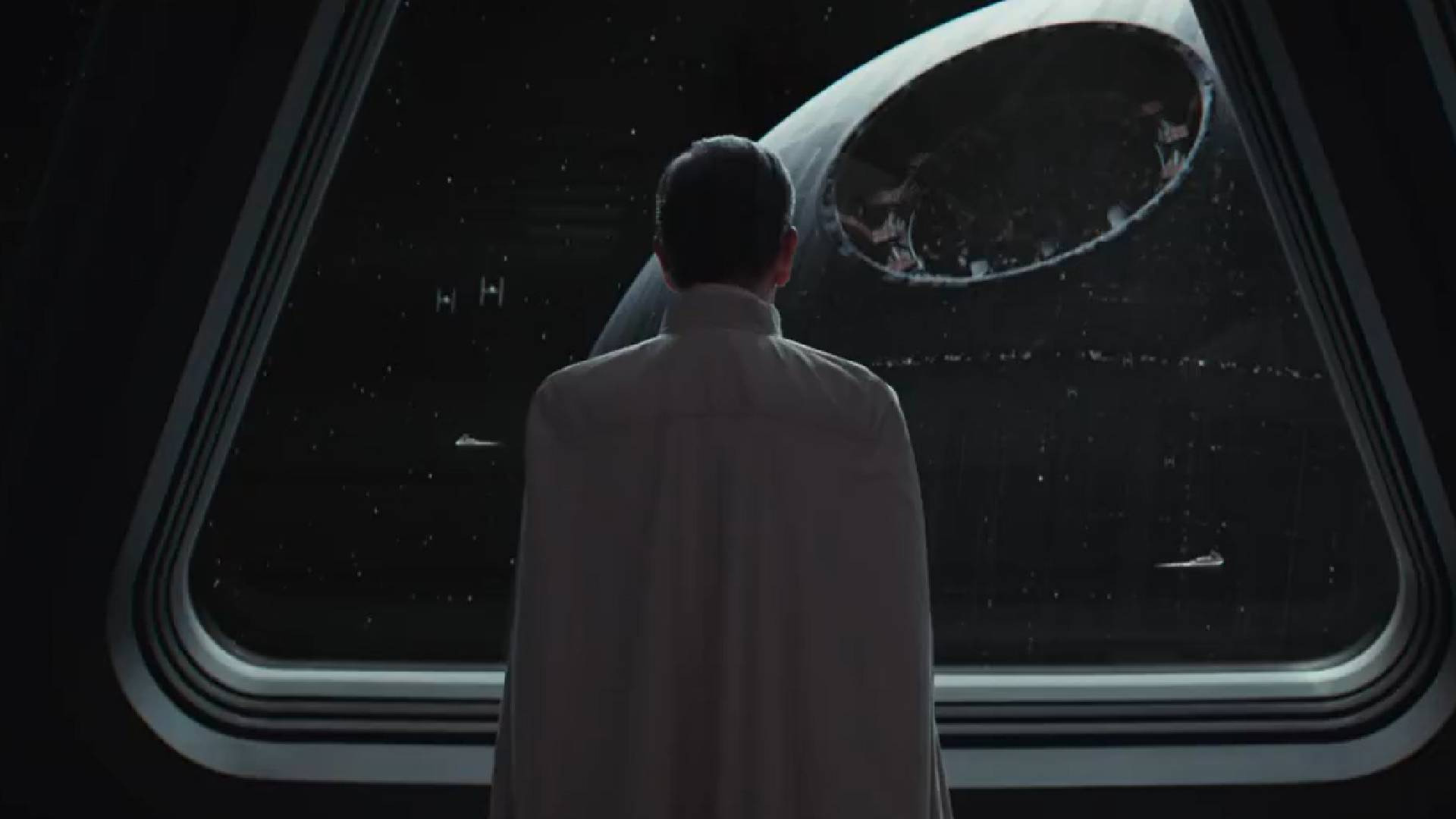
But, while Cassian might be the headliner of this series, it’s not purely about him and what he will, eventually, achieve in Rogue One. It’s about all of them, from the defecting imperial technician Niya to Bix (Adria Arjona) recovering from the trauma of being tortured, to Syril Karn (Kyle Soller), who can eagerly serve the Empire’s plans while warning his mother (Kathryn Hunter) that she’s watching too much imperial news and spitting out nothing but lies.
That’s the real trick of Andor, a series planted in the middle of a franchise built entirely off the back of heroes and their destinies, that decides instead to take an interest in the nobodies, the ones who might not feel like they control the narrative, but still matter. Because there’s no destiny, after all, only people’s choices. And while we’ll probably never be, or even meet a Luke Skywalker or Emperor Palpatine in our lifetimes, we are surrounded by Niyas and Bixs and Syrils. Andor is about that fight. Our fight.



